Differences and characteristics of the tree peony and herbaceous peony
Perennial herbaceous peony and tree peony are two beautiful flowers that can become a worthy highlight of the garden. Previously, preference was given to the herbaceous variety, but recently, bright disc-shaped and very large flowers began to appear in the areas more and more often. This indicates the growing popularity of tree varieties.
Differences
The tree-like and herbaceous variety of peony has significant differences not only in appearance, but also in the characteristics of cultivation. However, both plants please with beautiful flowers.
Bush and shrub
The characteristic leaves and powerful lignified shoots allow the tree-like peony to be classified as a shrub. With the onset of cold weather, the ground part of the herbaceous plant dies off, and in the tree-like plant, on the contrary, it begins to grow stronger. Over time, a lush, rounded bush can reach a height of 2 m. The plant also differs in that the tree-like type does not need to cut off the faded buds in time to stimulate subsequent flowering and correctly distribute vitality.
Shedding foliage at a tree
In the autumn, the tree-like peony sheds its leaves. At the same time, shoots remain, grow stronger. As a result, they look a lot like wood.
Growth time in one place
A tree peony in one place can grow for decades, if there are all the necessary conditions and a supply of nutrients for this. Herbaceous varieties are more demanding and need replanting after 10-15 years. A signal for the plant to change its place of growth is poor flowering.
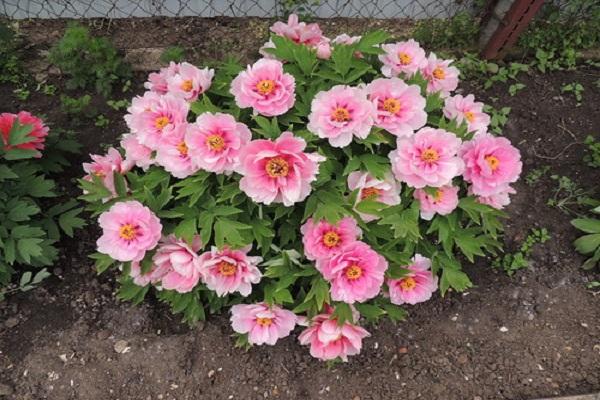
Flowers diameter
In a tree-like peony, the flowers are larger and reach a diameter of 25-30 cm, while in another species this figure does not exceed 20 cm.
Ripening terms
The herbaceous peony blooms a couple of weeks later than its tree-like counterpart. The exact flowering period depends on the region and weather conditions.
Variety of colors
The color range of the herbaceous peony is more diverse than that of the tree. There are varieties with pink, burgundy, white, purple inflorescences. Breeders have even presented bicolors to the attention of flower growers. But this plant does not have a rich yellow color. The same goes for tree-like flowers. This feature does not cause much discomfort to gardeners, since the variety of colors is enough to satisfy the needs of the most demanding beauty connoisseurs.
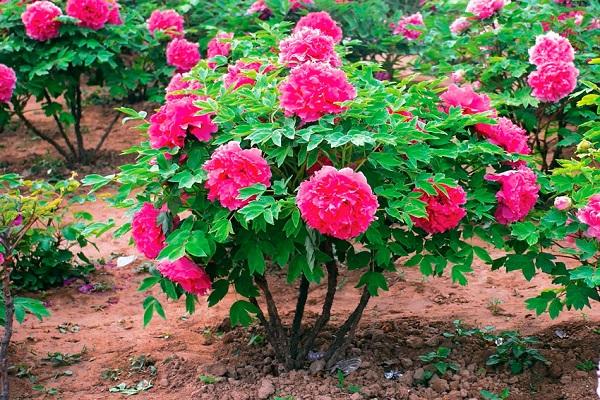
Other features
A characteristic feature of the tree peony is its long flowering period, which lasts about 1 month. Cold winters are able to tolerate only new varieties of this variety, while the old ones require mandatory shelter for the winter. Herbaceous varieties tolerate the cold season more easily, since their ground part still dies off with the first frost.
Criterias of choice
When choosing a variety or variety of peony for a garden or a personal plot, flower growers are guided not only by their tastes and preferences, but also by the climate, plant agrotechnology, and demanding care.
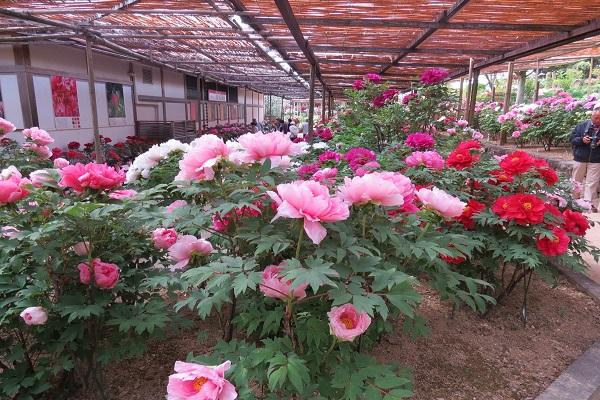
Decorative properties
In terms of decorative qualities, both types of plants are on the same level. Here you need to be guided only by your own taste. A lush tall bush will give a special charm if it is planted in an open place and will not be covered by other shrubs. Herbaceous varieties look great both in single and in group plantings.
Unpretentiousness
As the experience of gardeners shows, tree peonies are more unpretentious than their counterparts. They show increased resistance to the effects of pests and pathogens, easily endure winter, and grow in one place for decades without transplanting.
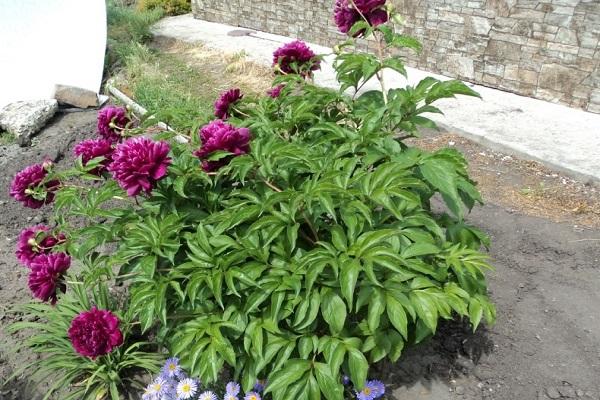
comparison table
It is advisable to present a comparison of herbaceous and tree-like peony in the form of a table.
| Tree-like | Herbaceous |
| There are hybrid varieties that combine the qualities of both tree-like and herbaceous plants | |
| High indicators of frost resistance | |
| Considered a shrub due to its hard, lignified stem | Has a soft herbaceous stem |
| The maximum height of the bush reaches 2 m | The bush reaches a maximum height of 1 m |
| No need to trim the first flowers to stimulate growth | To stimulate foliage growth, it is recommended to prune the first flowers |
| The maximum flower diameter reaches 30 cm | The flower reaches a maximum diameter of 20 cm |
| There are over 500 varieties | Over 4600 varieties have been bred |
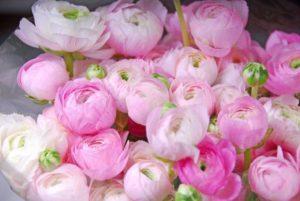

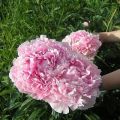





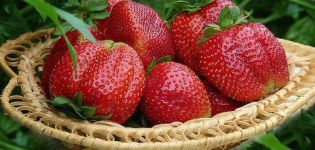
I saw a yellow peony for sale. I won't name the firm, but maybe Prosvetok.